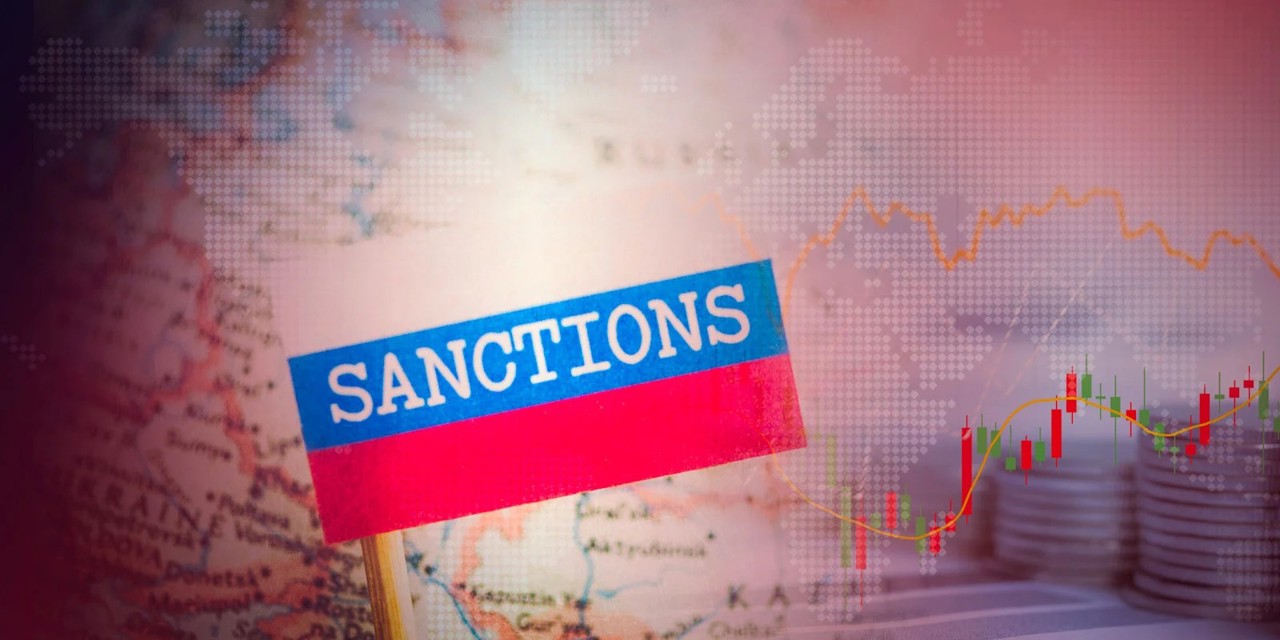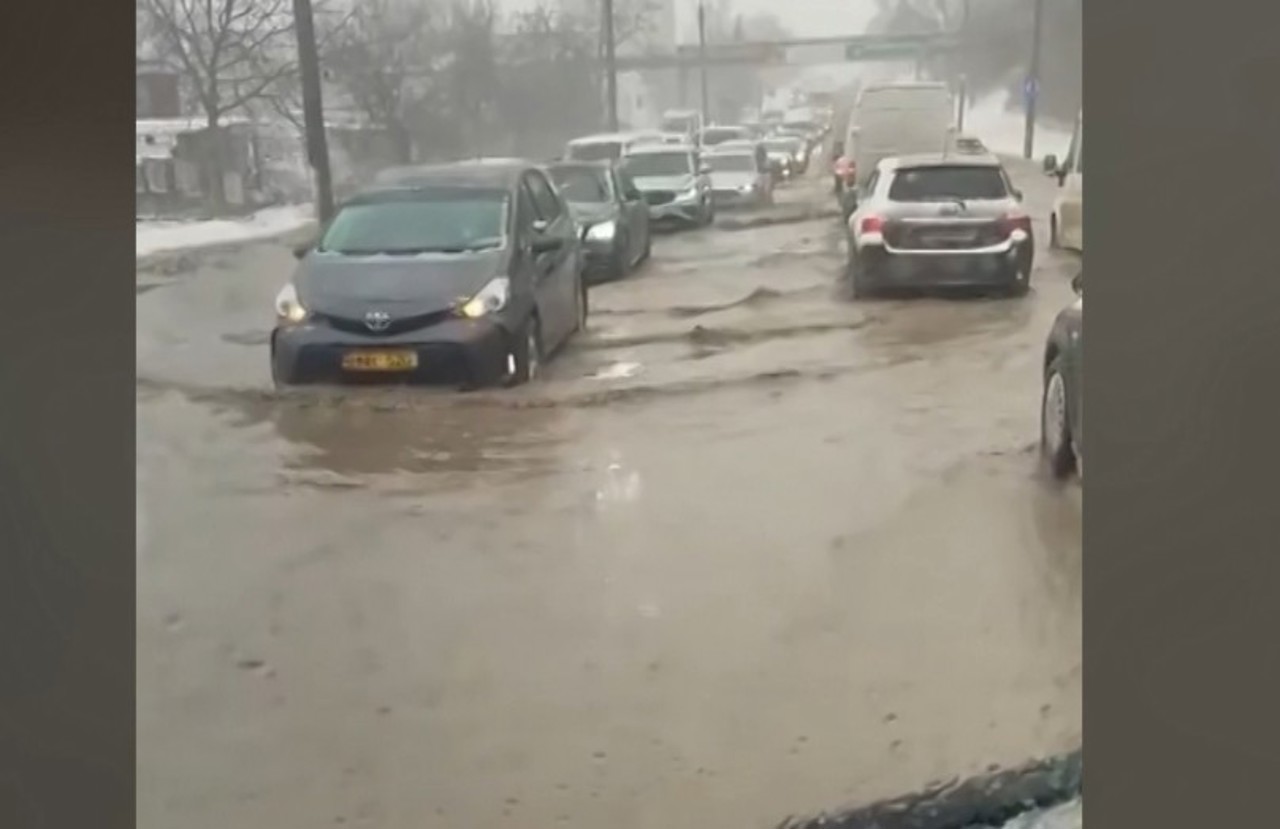EU pushes for stricter sanctions against Russia’s oil trade
Russia’s war in Ukraine is unjustified and illegal, and its disinformation campaign is a serious threat. In a resolution, European lawmakers voted on Thursday to impose sanctions on Russian media outlets, strengthen fact-checking rules, and reject Russia’s attempts to justify its aggressive war in Ukraine.
The European Parliament urged the European Commission to strictly implement the Digital Services Act to counter the recent loosening of moderation rules by major social media platforms.
In December 2024, the European Union approved the 15th sanctions package against Russia, primarily targeting Russia’s "ghost fleet" and a number of companies. The main focus of the new proposed measures is a blacklist of vessels comprising Russia’s ghost fleet of oil tankers used to bypass sanctions. In Lithuania and Latvia, certain companies exploit a clause that permits them to expand their operations in Russia for various reasons, despite the sanctions.
Under an agreement set to expire next month, the Slovak refinery Slovnaft, owned by the Hungarian group MOL, has been allowed to continue selling Russian oil products to the Czech Republic. However, the situation at the European level shifted on January 1, when Poland assumed the EU's rotating presidency, which had previously been held by Hungary. Poland has already expressed its intention to push for a much more ambitious 16th sanctions package than the previous one, when there was a persistent fear that it could be blocked by Viktor Orbán's veto from Hungary.
The 15th sanctions package should also aim to dismantle the system established by Russia to circumvent the embargo on its oil products. The cornerstone of this Russian sanctions-evasion mechanism is a fleet of clandestine carriers sailing under non-EU flags. This technique allows Russian oil to continue flowing into Europe, funding the Kremlin’s war effort. According to Lloyd’s List Intelligence, the number of oil tankers operating under the radar of the EU has doubled in one year, now representing about 10% of the world’s tanker fleet.
Since the invasion began, the EU has purchased Russian oil and gas worth €200 billion, according to the Centre for Research on Energy and Clean Air (CREA). One of the challenges faced by the EU has been disputes over the delivery of Russian oil products. While the EU banned most imports of Russian oil in 2022, the Czech Republic, Slovakia, and Hungary received exemptions, unable to find alternative suppliers.
Translation by Iurie Tataru







